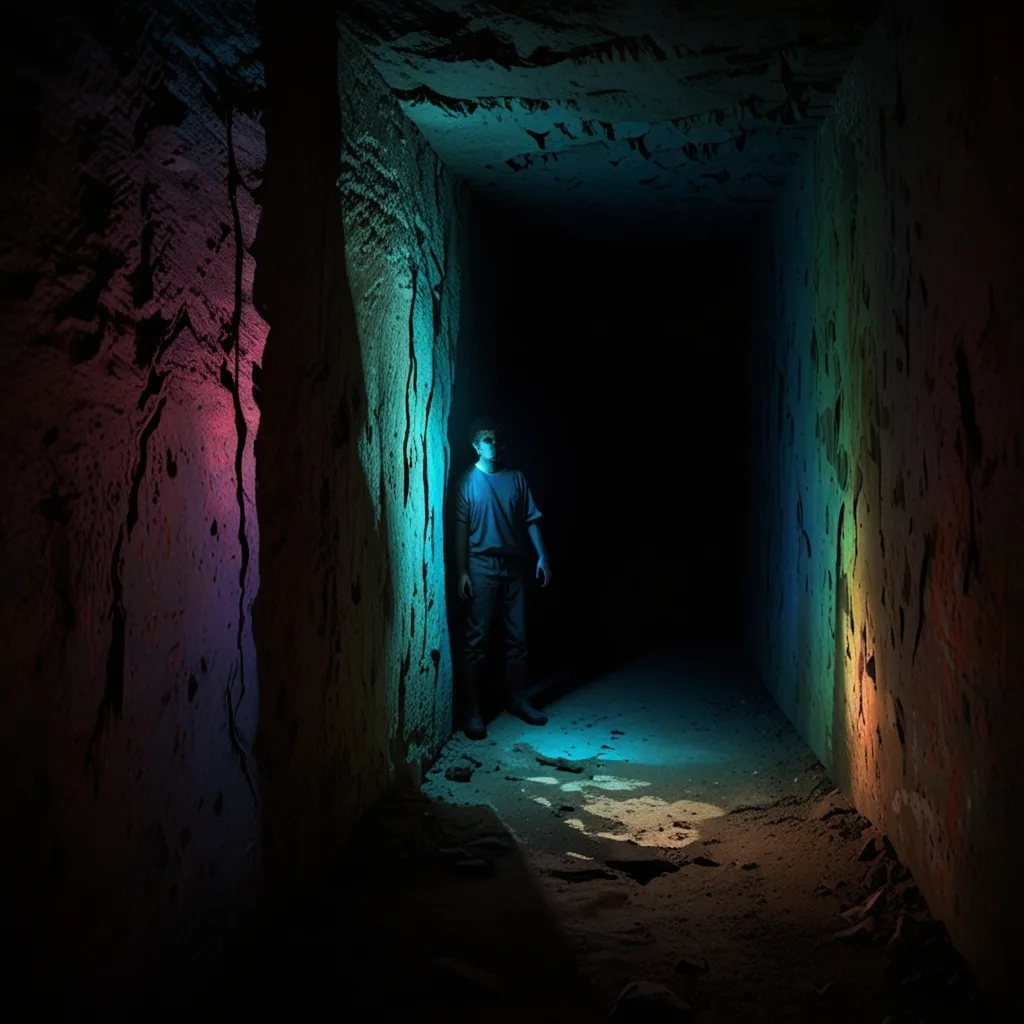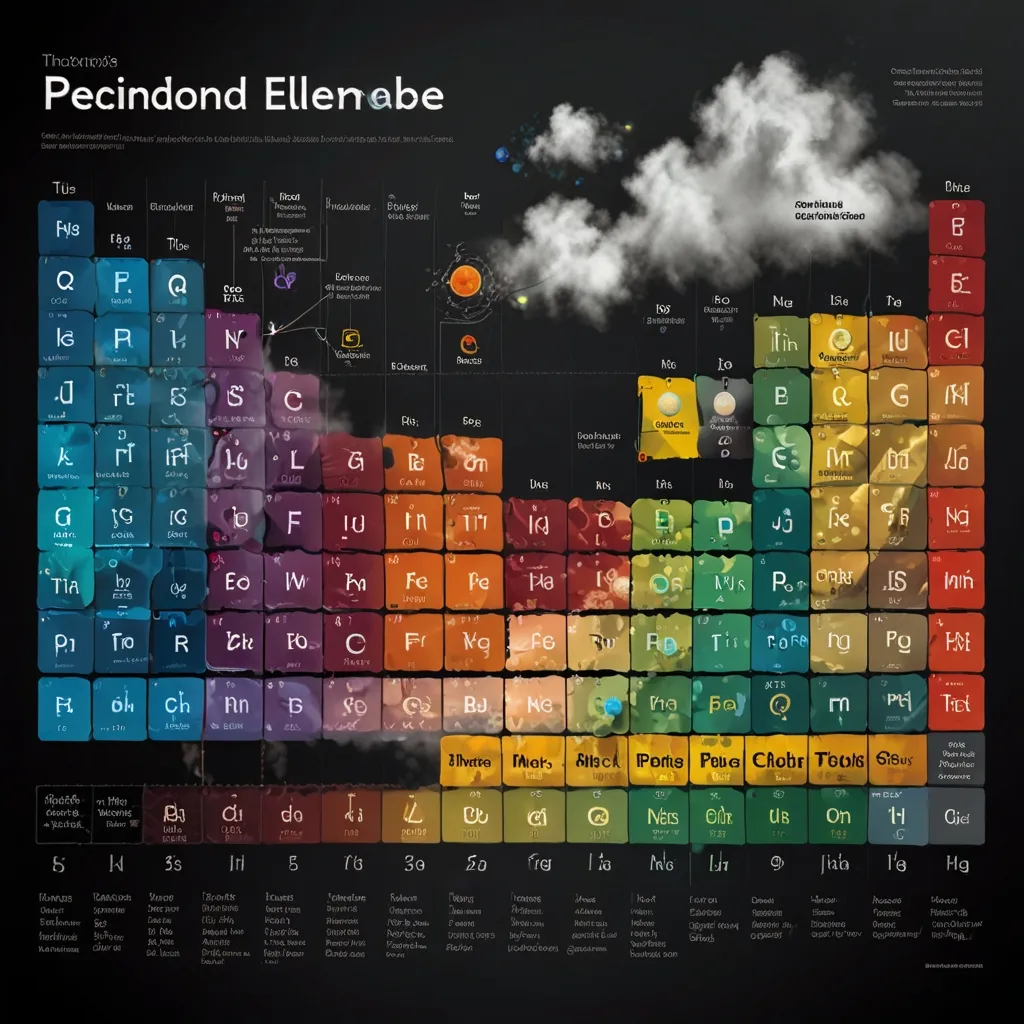Ever wondered what reality is, what knowledge truly means, or the purpose of life? It’s natural to grapple with such big questions, which have puzzled and fascinated thinkers for centuries. One particularly famous analogy to understand existence comes from Plato, a philosopher who lived more than 2,400 years ago. He compared life to being shackled in a dark cave, watching shadows dance on a wall, never seeing the real objects behind them.
This idea is known as Plato’s Allegory of the Cave, found in his work “The Republic.” In this allegory, prisoners are chained in a cave, their heads fixed so they can only see the wall before them. Behind them burns a fire, and between the fire and the prisoners, people walk by with objects that cast shadows on the wall. These shadows form the prisoners’ entire reality.
Imagine one prisoner is suddenly freed and taken outside. The bright sunlight is blinding at first, and everything feels alien and confusing. Slowly, his eyes adjust, and he begins to understand that what he’s seeing now—the trees, the water, the sky—is the real world, not the shadow play he grew up believing.
When this enlightened prisoner returns to the cave to share his newfound knowledge, he stumbles around in the darkness, now unaccustomed to it. His former fellow prisoners think he’s lost his mind and ridicule him for his seemingly crazy ideas. They are so devoted to their shadow reality that they resist any attempt to be freed.
Plato uses this allegory to illustrate the philosopher’s struggle to educate the public. Most people are not only comfortable with their ignorance but actively hostile to anyone who tries to enlighten them. This is a notion rooted deeply in Plato’s own life experiences, mirrored in the fate of his teacher, Socrates, who was sentenced to death for disrupting the status quo in Athens.
Plato’s cave allegory also ties into his theory of forms, which asserts that the tangible world is just a flawed reflection of ideal forms, like ultimate concepts of beauty or roundness. This raises profound questions about the origins of knowledge and the nature of reality. Are physical objects merely imperfect copies of ideal forms?
Different thinkers interpret this allegory in various ways. Theologians might see the ideal forms as existing in the mind of a divine creator. Linguists might view these forms as abstract concepts that help us categorize our world. Some skeptics even question if we can truly know anything beyond our own limited perceptions.
So, as we go through life, comfortable in our familiar realities, we must ask ourselves: Are we seeing the truth or just shadows on a wall? Would we dare to step into the light, leaving behind all we’ve ever known, even at great personal cost, or remain in the comfort of our illusions?
These are no simple decisions to make. Yet, if it’s any consolation, we’re not alone in facing these dilemmas. We are many, and although each of us might be in different caves, the struggle for understanding is a shared human experience.






